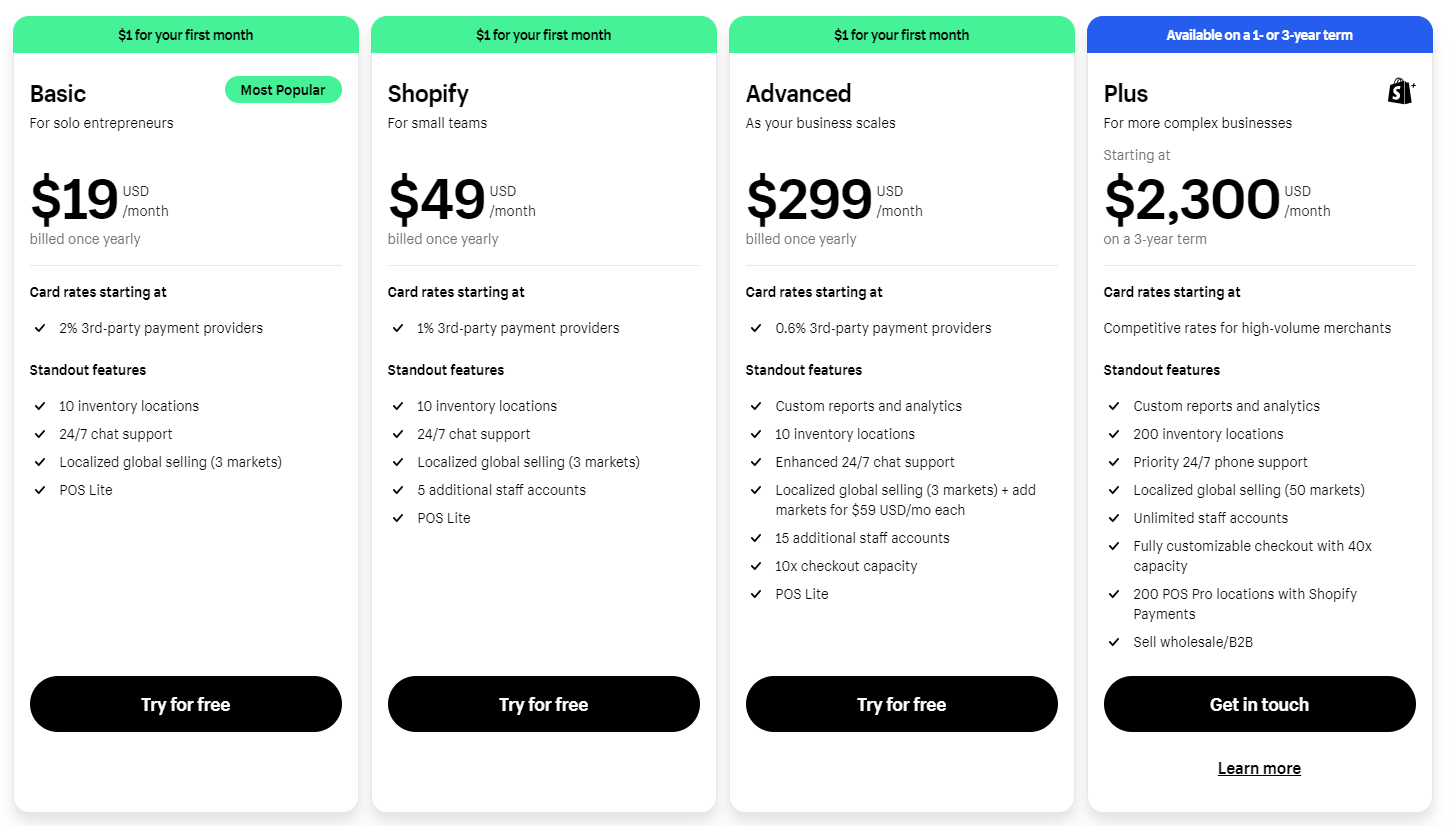Introduction
As an entrepreneur, you need to make sure your business finances are in order. But bookkeeping isn’t something that comes naturally to everyone. In fact, it can seem like a daunting and overwhelming task – especially when you’re starting out. The truth is that good bookkeeping is essential for the success of your business. It’s not just a chore; it’s a way of tracking and monitoring your finances so you can make better decisions for the future. In this blog post, we will provide an entrepreneur’s guide to startup bookkeeping, so you can get started on the right foot and keep track of all your financial activities with ease.
Can Do My Own Bookkeeping?
As a business owner, you are likely always looking for ways to cut costs and save money. One area you may be considering is doing your own bookkeeping. While this can be a great way to save money, there are some things you need to consider before taking on this task.
First, bookkeeping can be time-consuming. If you are already stretched thin with running your business, adding bookkeeping to your list of tasks may not be realistic. Second, bookkeeping requires attention to detail and organization. If you are not naturally inclined towards these qualities, it may be best to hire someone who is.
Third, keeping accurate books is crucial to the success of your business. If you make mistakes in your bookkeeping, it could lead to problems down the road when it comes time to file taxes or apply for loans. Finally, if you do decide to do your own bookkeeping, make sure you keep up with changes in tax laws and accounting standards. Staying current on these changes will help ensure that your books are accurate and compliant.
Overall, it is possible to do your own bookkeeping, but it may not be the most efficient use of your time. If you decide that this is a task you want to take on yourself, make sure you understand the responsibilities and devote enough time and resources to do it right.
Pros and Cons of Doing your Own Bookkeeping
There are many pros and cons to doing your own bookkeeping as an entrepreneur. On one hand, it can save you money by not having to outsource the work to a professional. On the other hand, it can be time-consuming and difficult to keep up with if you’re not familiar with accounting principles.
Some pros of doing your own bookkeeping include:
- You have full control over your finances and can keep track of everything in one place.
- You can learn about bookkeeping and accounting, which can be beneficial for running your business.
- It can save you money on outsourcing costs.
Some cons of doing your own bookkeeping include:
- It takes time away from running your business and growing your company.
- If you’re not familiar with bookkeeping or accounting, it can be easy to make mistakes that could be costly.
- You may need to invest in software or hire someone to help you get set up, which could offset any savings from not outsourcing the work.
What Do You Need to Set Up Bookkeeping for Your Business?

Assuming you’re starting a business from scratch, you’ll need the following to get your bookkeeping set up:
- A business bank account: This is separate from your personal account and essential for keeping track of your business finances.
- Accounting software: There are many different accounting software programs available, so choose one that fits your needs and budget.
- A system for tracking income and expenses: This could be as simple as a notebook or Excel spreadsheet, or you could use accounting software to track everything electronically.
- Receipts and invoices: Be sure to keep track of all incoming and outgoing payments, including cash transactions.
- Regular bookkeeping: Set aside some time each week or month to update your records and reconcile your accounts. This will help you stay on top of your finances and catch any errors or discrepancies early on.
- Financial reports: Once you’ve been keeping track of your financials for a while, you’ll need to generate reports to analyze your profits and losses, cash flow, and other key metrics.
- Hire an accountant: If you’re feeling overwhelmed, it’s worth hiring a professional accountant to help with your bookkeeping. They can also help you understand any financial regulations and taxes that apply to your business.
What are Assets, Liabilities, and Equity When Balancing the Books?
In order to have a successful business, it is essential to keep track of your finances and understand the basics of bookkeeping. This includes knowing what assets, liabilities, and equity are when balancing your books.
Assets are anything that you own that has value. This can include cash on hand, inventory, property, equipment, or even investments. Liabilities are anything that you owe money on, such as loans, credit cards, or accounts payable. Equity is the difference between your assets and liabilities; it is what you own outright and can use to reinvest in your business or pay down debts.
When you are balancing your books, you will want to make sure that your assets equal your liabilities plus your equity. This will ensure that your finances are in order and give you a clear picture of where your business stands financially. If your books are not balanced, it can be difficult to make sound financial decisions for your business.
What Is an Income Statement and How Do I Record it?

An income statement, also known as a profit and loss statement, is a financial document that summarizes a company’s revenues and expenses over a specified period of time, typically one fiscal quarter or year. The income statement can be used to measure a company’s financial performance, assess its profitability, and make decisions about investments and resource allocation.
To record an income statement, businesses first need to determine their revenue streams and calculate the total revenue for the period. Next, they’ll identify and list all of the expenses incurred during that same period. Finally, they’ll subtract total expenses from total revenue to arrive at the net income (or net loss) for the period in question.
What are Some Bookkeeping Best Practices?
There is no one-size-fits-all answer to the question of what bookkeeping best practices are, as the needs of every business vary. However, there are some general tips that can help you get started on startup bookkeeping:
- Keep track of your income and expenses from the very start. This will give you a better idea of where your money is going, and how much profit you’re actually making.
- Hire a professional bookkeeper or accountant to help you with the more complex aspects of bookkeeping, such as tax preparation and financial reporting.
- Use accounting software to automate many of the tedious tasks involved in bookkeeping, such as data entry and invoicing. This will free up your time so that you can focus on running your business.
- Stay organized! Make sure to keep all of your financial records in one place, so that you can easily access them when you need to.
- Review your bookkeeping periodically to ensure that everything is accurate and up-to-date. This will help prevent any costly mistakes down the road.
Best Software for Startup Bookkeeping
There are a few different software options available for small business for startup bookkeeping. FreshBooks is an accounting software that helps entrepreneurs manage their finances and keep track of their expenses. Another option is QuickBooks, which is a bit more comprehensive and allows users to track inventory, invoices, and bills. Finally, Xero is another cloud-based accounting software that has features like bank reconciliation and automated bill payments.
The best software for startup bookkeeping will depend on the specific needs of your business. If you need something simple to help you keep track of your finances, FreshBooks might be the best option. If you need something more comprehensive with features like inventory tracking, QuickBooks would be a better choice. And if you need a cloud-based solution with automatic bill payments, Xero would be the best option.
How is Bookkeeping Different from Accounting?
While both bookkeeping and accounting are financial practices, there are some key differences between the two. For one, bookkeeping is primarily concerned with recording transactions, while accounting is more focused on producing financial statements and reports.
Another key difference is that bookkeepers typically work with the day-to-day financial data of a business, while accountants may not be as involved in the day-to-day operations. Accountants are more likely to provide high-level advice and analysis based on the financial data compiled by bookkeepers.
Finally, bookkeeping is generally considered to be more of a clerical function, while accounting is seen as more strategic. This means that accountants are often required to have more education and experience than bookkeepers.
EcomBalance Is Here for You!
Being a successful small business owner means you can’t handle everything yourself. To succeed in your business, you must have reliable people and tools to track, store, analyze, and use your business finances. That being said, let EcomBalance help you!
EcomBalance is a reliable bookkeeping service for the eCommerce industry, including Amazon. We offer the best US-based bookkeeping services for growing eCommerce businesses. At EcomBalance, we’ll handle your AR and AP, pay vendor invoices, run payroll, etc. Just create a free account to contact us and get a specialized quote based on your additional requirements.
Sign Up For Your First Month Free →
Is it Better to Outsource Bookkeeping?

There are a lot of small business owners out there who are constantly asking themselves whether they should be outsourcing their bookkeeping or not. The answer to this question is not a simple one and it really depends on each individual business owner and his or her specific needs.
For example, if you are a small business owner who doesn’t have the time or the knowledge on startup bookkeeping to keep track of your financial records, then it might be a good idea to outsource your bookkeeping. This way, you can focus on running your business and leave the bookkeeping to someone else.
On the other hand, if you feel confident enough to handle your own financial records, then you might want to keep your bookkeeping in-house. This way, you’ll have more control over your finances, and you’ll be able to keep track of your spending more easily.
No matter what decision you make, just make sure that you carefully weigh all of your options before making a final decision.
Conclusion
Keeping accurate books is an essential part of any startup business. With the help of this guide, entrepreneurs should now have a better understanding of bookkeeping and how to use it effectively in their business operations. Bookkeeping can be a tedious process but with the right tools and determination, it will become second nature to you before long. Utilizing good startup bookkeeping practices will ensure that your business runs smoothly and efficiently while keeping track of all financial information accurately.










